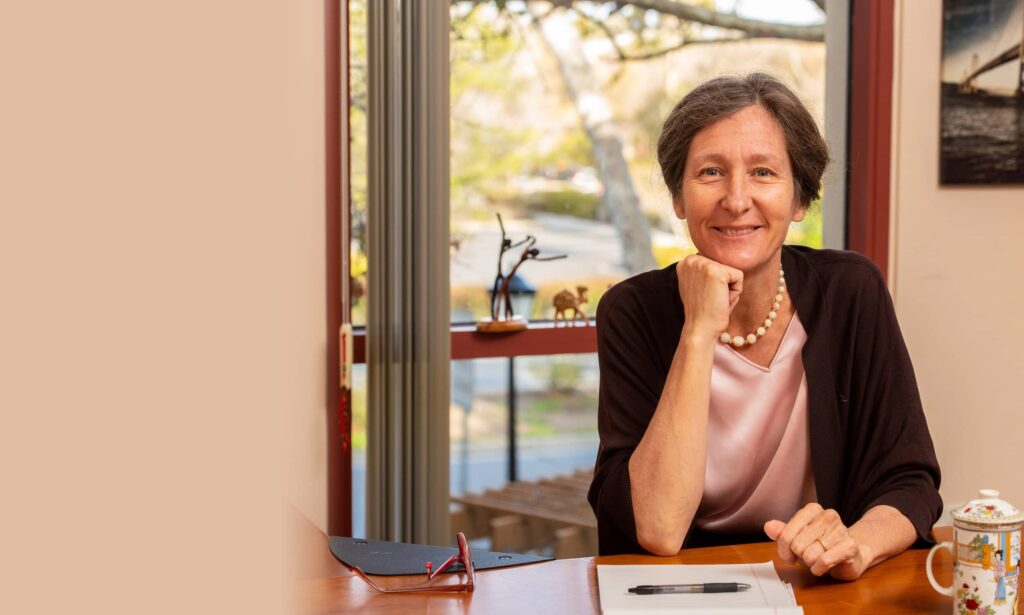Social media has revolutionized the way we connect, especially for the younger generation. Instagram, TikTok, WhatsApp and other platforms have become an integral part of our daily lives, making it almost impossible to break away from the daily scrolling on our digital devices.
For some time, however, we have been learning more and more about the dark side of this digital revolution: excessive use of social media can be just as harmful to our mental health as alcohol or cocaine.
An alarm that has been ringing for some time
Mental health experts They've been sounding the alarm for years. According to them, the use of social media can be compared to a drug addiction. A pathological addiction that, according to the data, already afflicts 210 million people all over the planet: the others, the "non-dependent" ones, still spend 2 and a half hours of their lives every day scrolling with a mouse or a cell phone.
Anna Lembke, professor of psychiatry and addition medicine at Stanford University School of Medicine, explains that social media exploits our need for human connection. “Human connection is vital to survival. We are programmed, over millions of years of evolution, to connect with other people,” she says. But social media has transformed the way we connect. They made the process easier and more accessible, almost instantaneous. Almost aseptic. Definitely more dangerous.

Scroll among a thousand connections: a powerful drug
Social media has made the effort to connect with others unnecessary, moving that effort online and adding three main ingredients: novelty, accessibility and quantity. A combination that makes browsing social media a very powerful drug, and for many kids already a trap. About 70% of teenagers questioned in this study said of feeling left out or marginalized because of social media. Yet he can't get out of it.
There are still no legal standards to regulate this state of affairs: for this reason the only possibility is to raise public awareness. Social media poses a risk to the mental health and well-being of children and adolescents.
A public health problem
Today, more than 95% of 13-17 year olds in the US say they use a social media platform, and more than a third say they use one “almost constantly.” The growing concern is that social media has become a major contributor to the overall mental health crisis in American (but in Europe) adolescents it's not that much better).
At the moment, without any rules that hold, the responsibility falls on parents and users. Lembke suggests identifying the specific type of digital media that is influencing us and eliminating it for four weeks, in a sort of “scroll and dopamine fast.”
“We're not saying delete all devices and all social media or even all media,” the researcher says, “but identify the ones that are problematic and delete them for four weeks, which is on average the time it takes to reset the pathways of reward."
A future to be rewritten
We've been writing this periodically for years: It's now clear that excessive use of social media is a serious problem that is contributing to a growing mental health crisis among young people.
But all is not lost. We can still take control of our digital life, identify problematic platforms and take a breather. Because, in the end, our mental health is more important than any scroll, like, share or comment.


